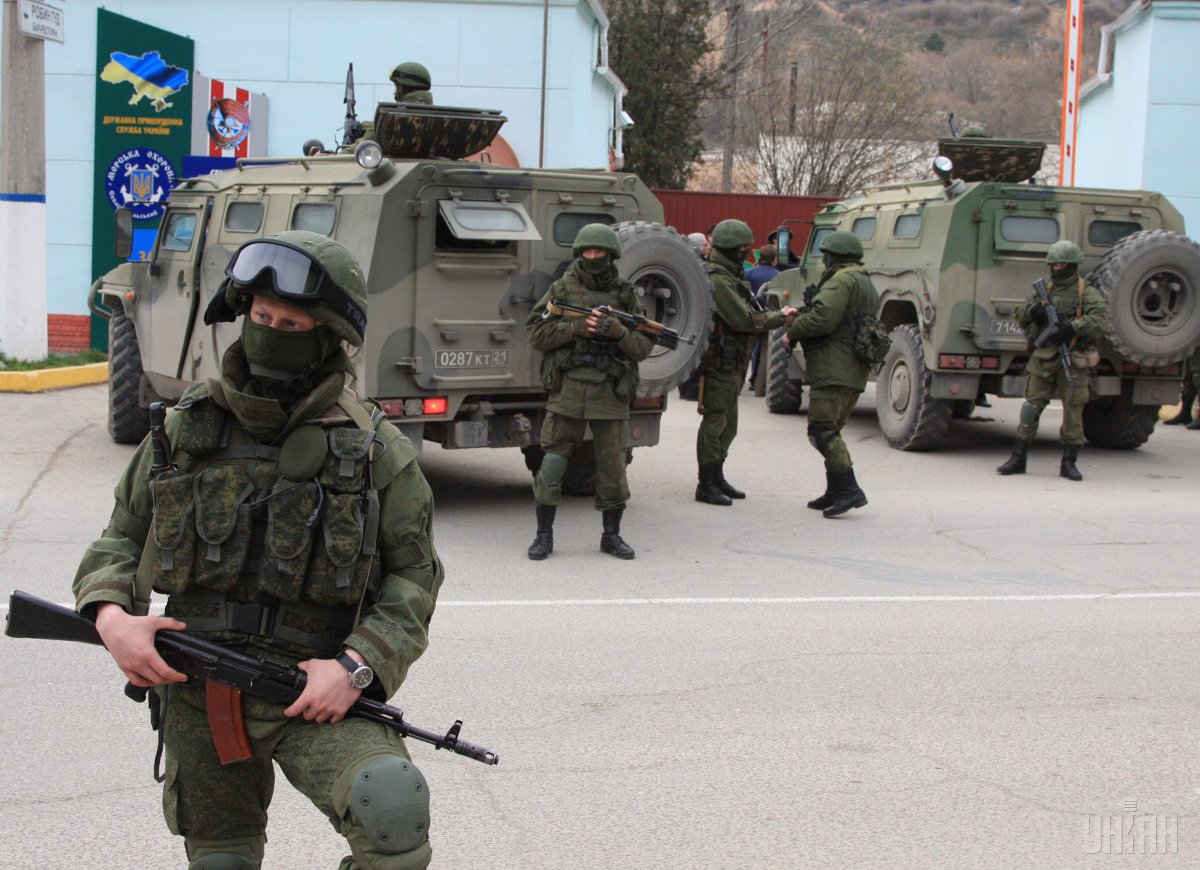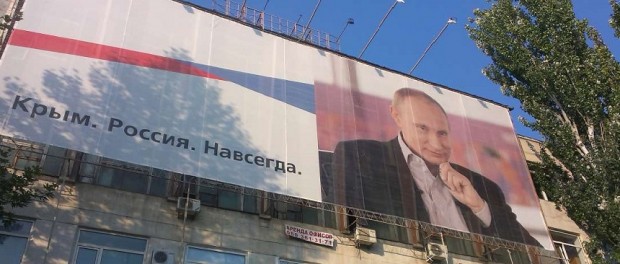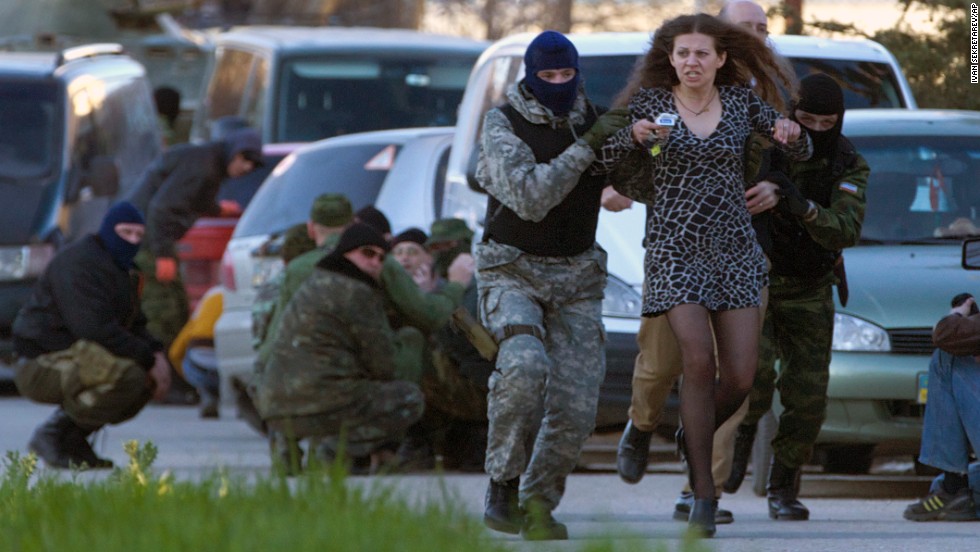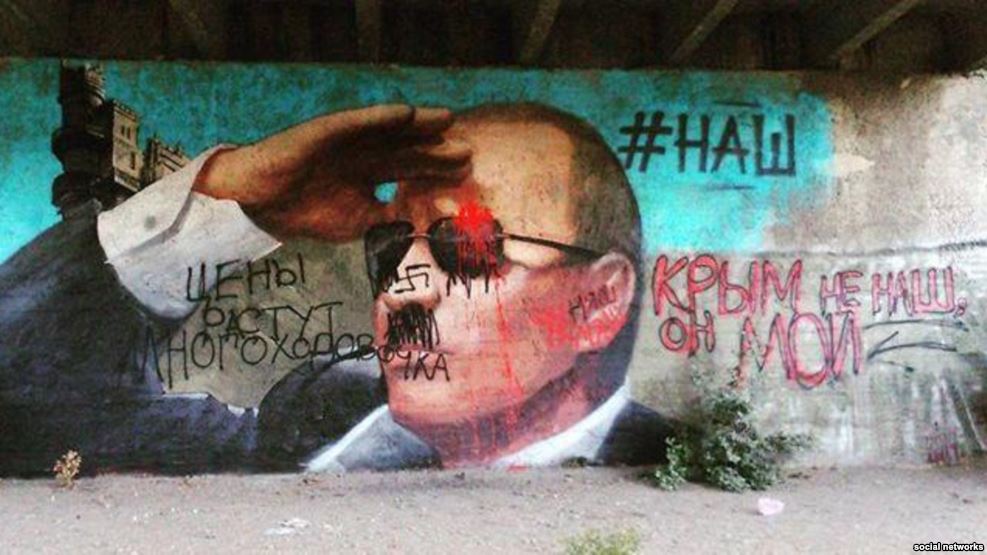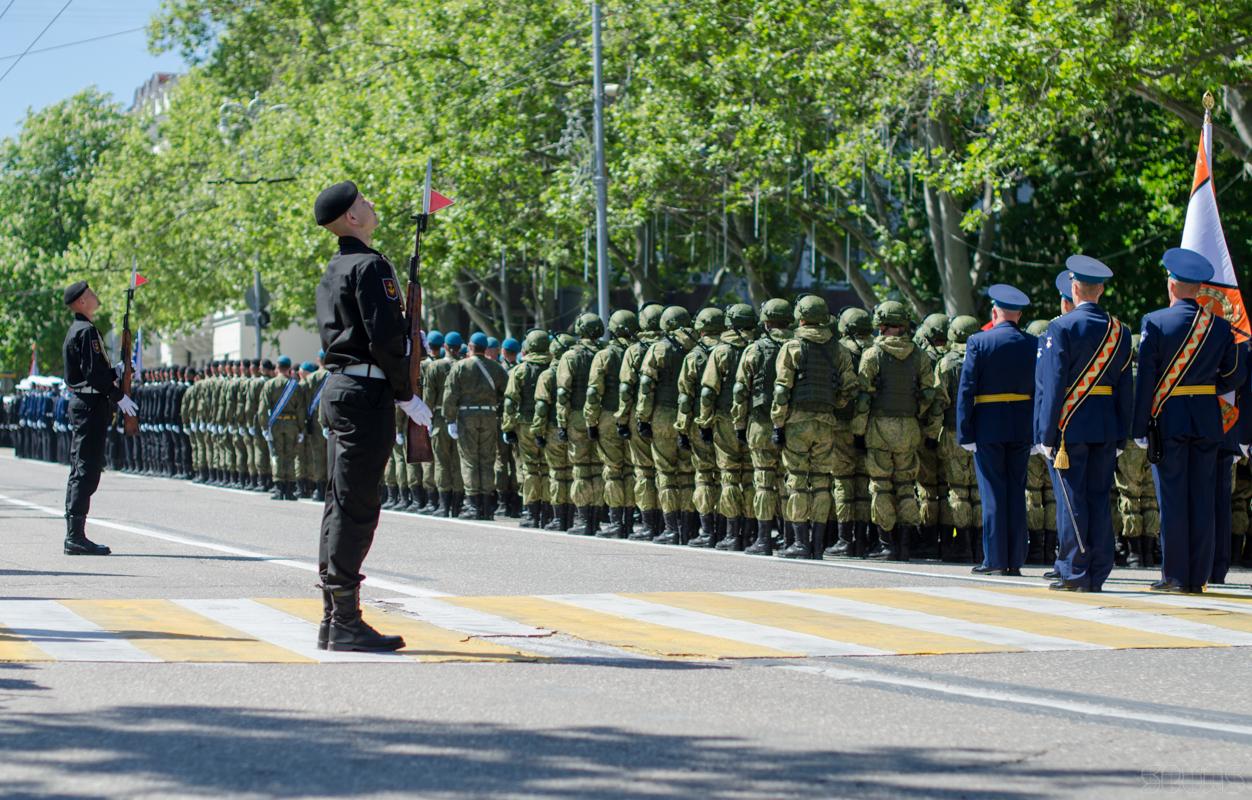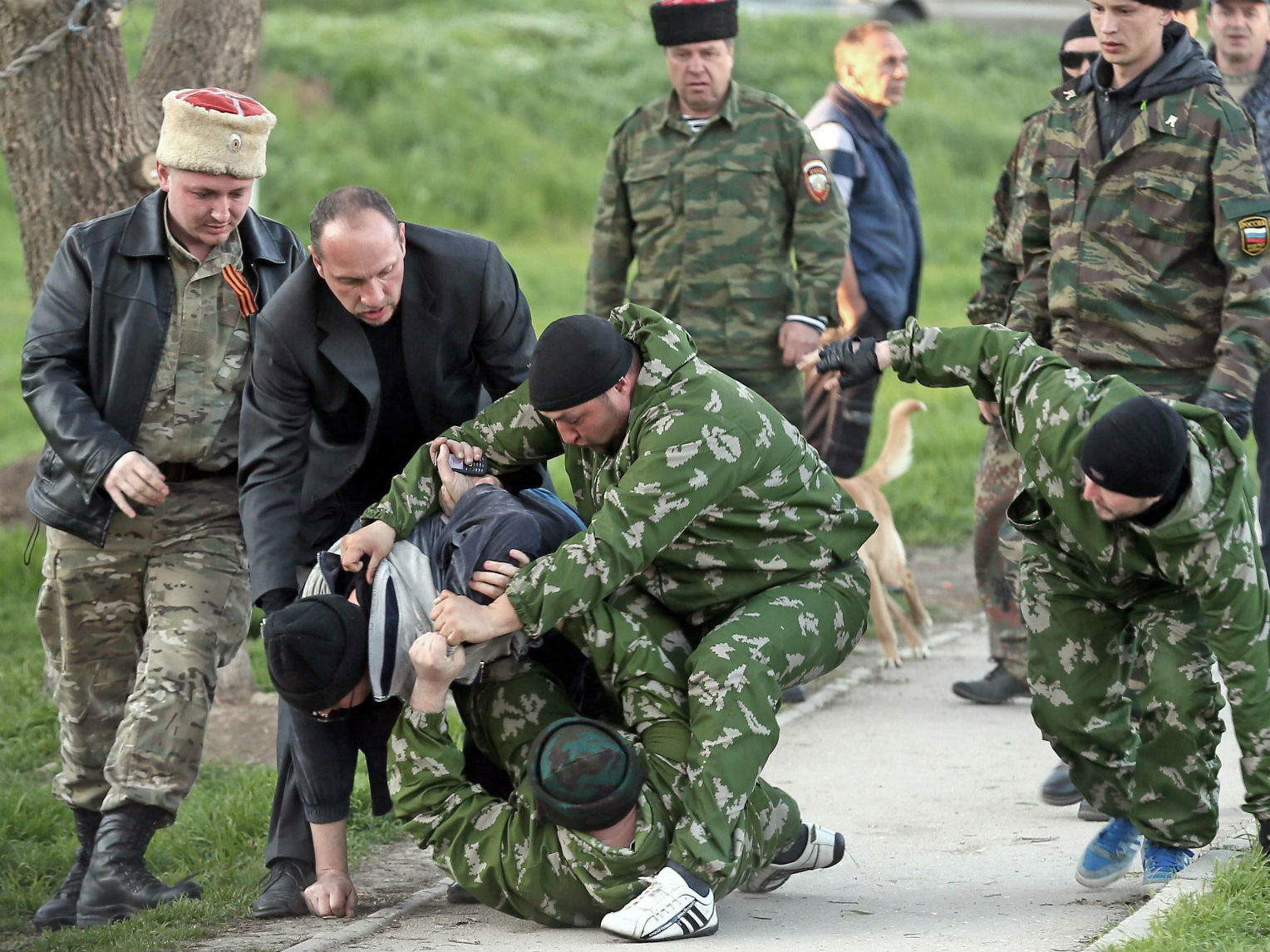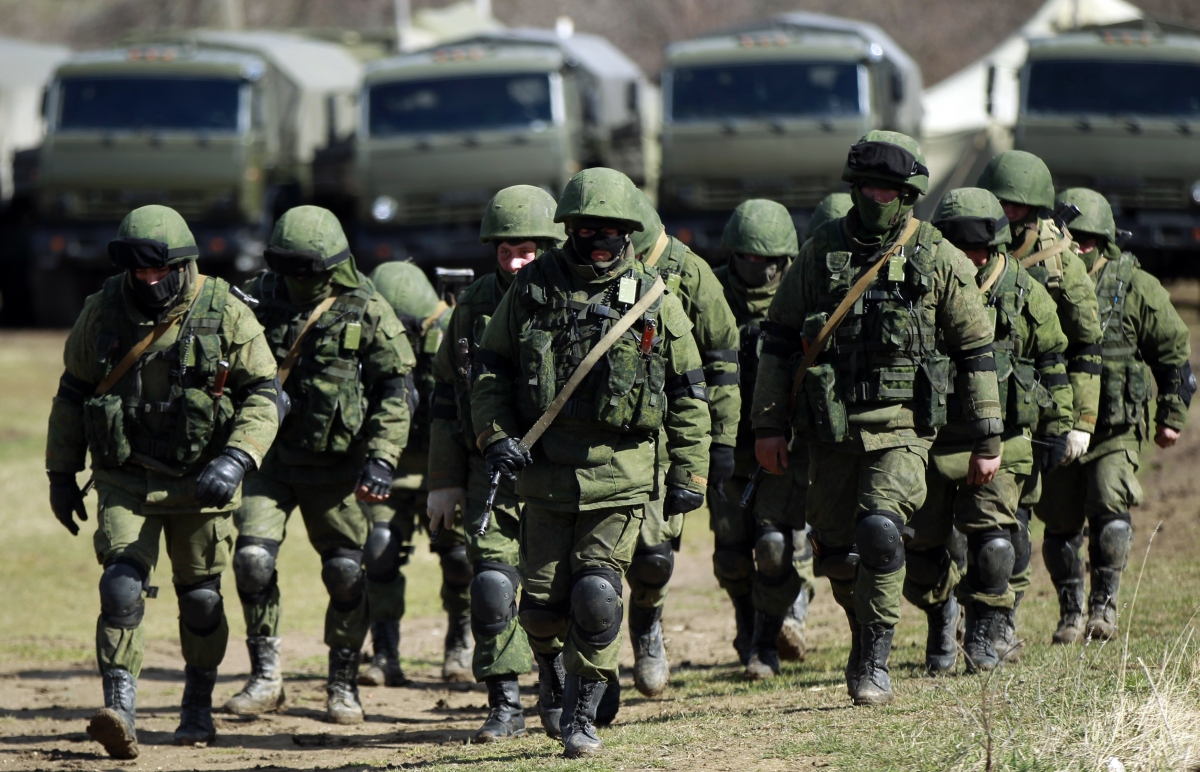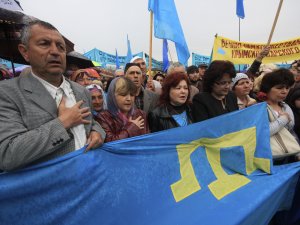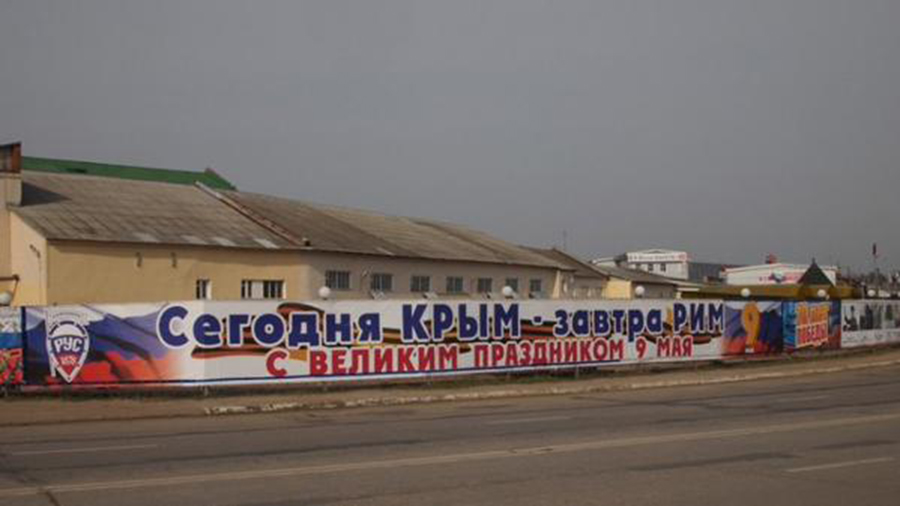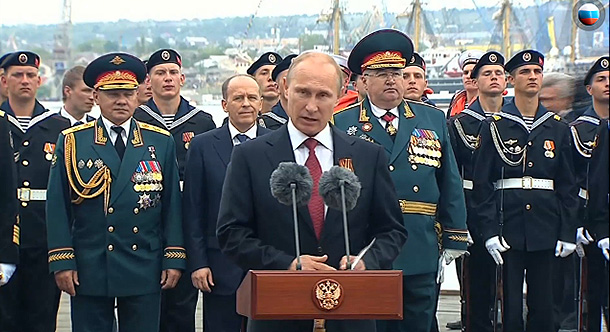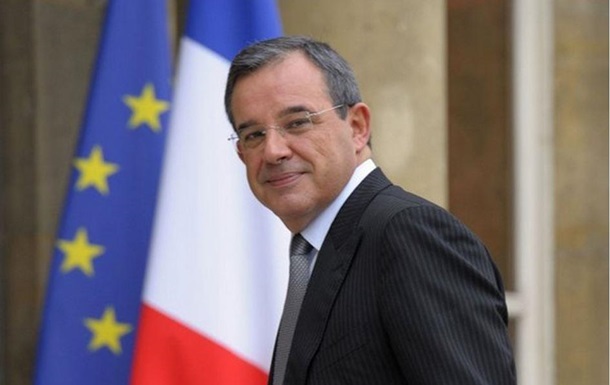Yesterday, Heorhiy Tuka, Ukraine’s deputy minister for the affairs of the occupied territories, said on 112 Ukraina TV that he “considers the return of Crimea in the next three to five years impossible,” a declaration which some are certain to denounce as pessimistic.
However painful it may be, Tuka continued, it is important to face facts and the facts in this case are these: “Crimea will again be [de facto as well as de jure] be part of Ukraine when “centrifugal forces arise again out of the economic crisis” that country is already facing.
“Now,” Tuka said, “this may seem drivel and fantastic, but one should look again at the news tapes of the mid-1990s, at how things developed in Kaliningrad, in Tatarstan and in Bashkortostan … and then Chechnya exploded. We all have seen this with our own eyes” and we should not forget it.
And he continued by asserting that “if the world community does not reduce its pressure on Russia, we will observe all of this in the next five to ten years.”
Tuka’s argument deserves close attention because it calls attention to something that many in Moscow and elsewhere have forgotten about one precedent that many are now invoking about Ukraine’s Crimea – the West’s consistent non-recognition of the Soviet occupation of Estonia, Latvia and Lithuania.
Between the time that policy was proclaimed in Washington in 1940 and the recovery of Baltic independence in 1991 passed 51 years, but at various points during that period, some in the Soviet hierarchy worried that the Baltic aspirations for the recovery of their legitimate independence would have an unhealthy influence on the non-Russian republics.
Some even thought, especially in Gorbachev’s time, that it would be better to allow the Baltic countries to go their own way before their ideas spread to Ukraine and elsewhere. That was certainly Academician Sakharov’s position, but it was shot down by Mikhail Gorbachev who wanted to hold everything and as a result lost everything.
A more serious, if less well-known, example of fears in Moscow about a Baltic contagion occurred in the late 1940s when Lavrenty Beria, Stalin’s notorious secret police chief, quietly explored the idea of allowing the Baltic countries to go their own way as Soviet-controlled “peoples republics” like the East Europeans outside of the USSR.
Beria went so far as to have his agents contact Baltic officials to compose lists of who might be the senior officials in such nominally independent countries, and he certainly believed that allowing Estonia, Latvia and Lithuania to go their own way in this limited sense would ease East-West tensions sufficiently to undercut American plans for NATO.
Not surprisingly, when Beria was purged, he was condemned for his supposed contacts with foreign intelligence services, almost certainly untrue, and his support of non-Russian nationalists, something that was very much the case in the Baltic states and elsewhere in the Soviet Union.
At least some in Putin’s Moscow today know this record and recognize the dangers involved in holding on to Crimea, although Vladimir Putin may be confident that he can do there what Stalin and his successors in the Baltic countries could not because of the differences in demographics and history.
But as conditions deteriorate in the Russian Federation because of Western sanctions over Crimea and the Donbas, some in the Russian elites may conclude that they have an additional reason to give back what Putin stole: Not only would that end sanctions and ease their lives but it would put off, for a time at least, the disintegration of their country.
To see why that is so, they need look no further than to the late 1980s when Gorbachev and the last Soviet government failed to recognize the way in which aspirations for freedom and justice in one part of an empire can spread and prove fatal for that empire as a whole, if not overnight then at least in the fullness of time.
Related:
- Hague Court rules against Moscow on Crimea, so Moscow withdraws from Rome Agreement
- UN committee adopts resolution recognizing Russia as occupying power in Crimea
- Expert community outraged over new FSB arrests in Crimea
- Crimea, Donbas, Aleppo -- crimes of historic proportions
- Russia bans Crimean Tatars by banning the Mejlis
- Don't forget those kidnapped in occupied Crimea
- Umerov case highlights why Crimean Anschluss a threat to Russians, Portnikov says
- Crimea's occupied cultural heritage
- Putin's Crimean miscalculation




